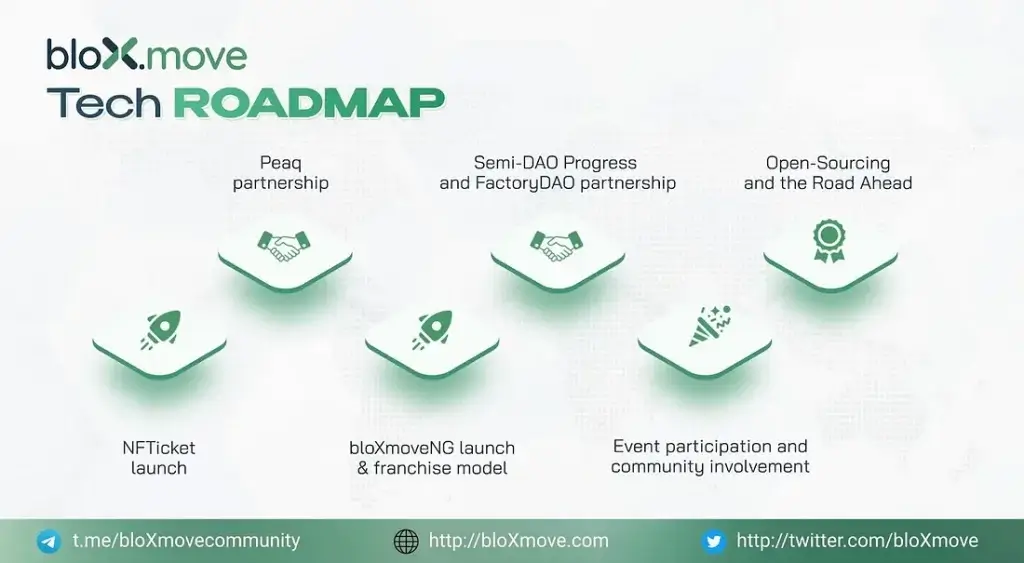The next level of shared mobility platforms will disrupt Uber.

Only hype and hope by some tech geeks? Or are their real problems solved by a blockchain based mobility platform?
Let’s face it: bloXmove, through the bloXmove NG project, is working to help solve some of the challenges in the Nigerian mobility industry. Nigeria, having the highest population of youth in Africa, and a serious need for people to move around, needs the most effective and efficient means of mobility. The following 4 problem statements are some of the problems bloXmove NG products would solve in the Nigerian market.
- Fractured Transport System
Modes of transportation available in Nigeria are not well connected. The fractured transportation system makes moving around a hassle many do not want to experience, especially in Abuja and Lagos. The Lagos metro system is a welcome development, but no technology connects this to the last-mile journey.
2. Limitless Aggregators
The few companies currently attempting to solve the mobility problems in Nigeria are aggregators who completely control customer data and customer relationship (Users’ and partners’ information) at their disposal. These aggregators designed the algorithms and how it works (of course, the algorithms work in their favor considering the exploitative commission system).
3. The disenfranchised pool of mobility assets and stakeholders
Many mobility assets and stakeholders are left out of the technologies presently disrupting the mobility industry in Nigeria. Fleet vehicle owners prefer to operate independently rather than to join technology companies because of the profiteering and bureaucratic nature of these companies.
4. High and Multi-layered cost
The commission charged by companies solving some of the mobility challenges in Nigeria is exploitatively high (between 25 to 30 %). This exorbitant commission, coupled with some multi-layered hidden charges, are some of the reasons some people (users and drivers) are unwilling to join existing companies. Even those that promised Zero Commission at the launch later charged higher commissions.
NFTicket makes reduced commission and decentralization possible
We believe that the best way to move this industry to a more sustainable and most of all equitable and fair balance, is to take the power to dominate away from the likes of UBER and BOLT and put it into the hands and wallets of the actual stakeholders: customers, drivers and service providers. This is what blockchain, web3 and other decentralized technologies are built for and what they do exceedingly well and in a highly scalable way.
NFTicket is such a web3 protocol. It specifically provides transaction management, billing and settlement using open protocols which are publicly accessible and most of all neutral.
“START COLLABORATING — STOP AGGREGATING”
“Neutral” meaning: NFTicket processes data and billing on behalf of the ecosystem stakeholders —
but NFTicket never owns the data nor the business relationships. The transaction data and the business relationships are all decentralized. Self-sovereign decentralization at its best.
NFTicket is an inexpensive solution that allows us to charge reduced commission. And hidden charges are not possible on our dApp (= decentralized app) because you, as a user, must sign every transaction before it can be processed.
It can be deployed on Ethereum-compatible blockchains such as CELO or Binance Smart Chain.
Read more about the NFTicket for mobility in our former article.
The product launch is close… read more about the: how bloXmoveNG is solving the problems in our launch article soon. Follow and join us via social media…

